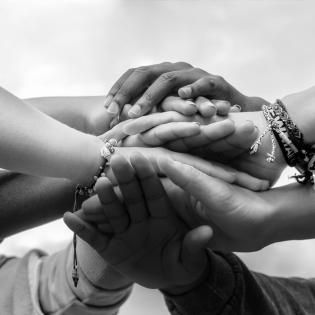Clean water is a scarce natural resource because pollution and careless action can make it unusable for consumers. Learners research reliable facts about their local water and propose philanthropic acts to contribute to the common good.
Filter by subjects:
Filter by grades:
Filter by audience:
Filter by issue area:
Filter by content type:
Filter by resource type:
resource search
We learn about the brave work of a Quaker, Laura Smith Haviland, who used her ties and talent to lead anti-slavery work before, during, and after the Civil War.
To develop the course’s vehicle for grantmaking funds to be secured and accessed by students and to identify partners (inside the school and out) that will assist with the success of a Hands On Philanthropy course.
This lesson covers the groundwork for the creation of the...
Written by Marilyn Goellner
Background
Bernie Sanders identifies himself as a democratic socialist, someone who believes in "an economy that works for all, not just the very wealthy” (Gaudiano, 2015).
Four Types of Service
In civil society, different people come together to form community. While differences may cause conflict, for the sake of the common good, we practice empathy and respect for others. We use literature to talk about how people from different perspectives see the same thing. We discuss how to...
Written by Dana R. H. Doan
Definition
This lesson will teach the basic Biblical laws of Tza’ar Ba’alei Chaim (the Prevention of Cruelty to Animals) the rationale that supports these laws, and practical applications of these laws in today’s world. The learner will participate in a class project aimed to assist community...
